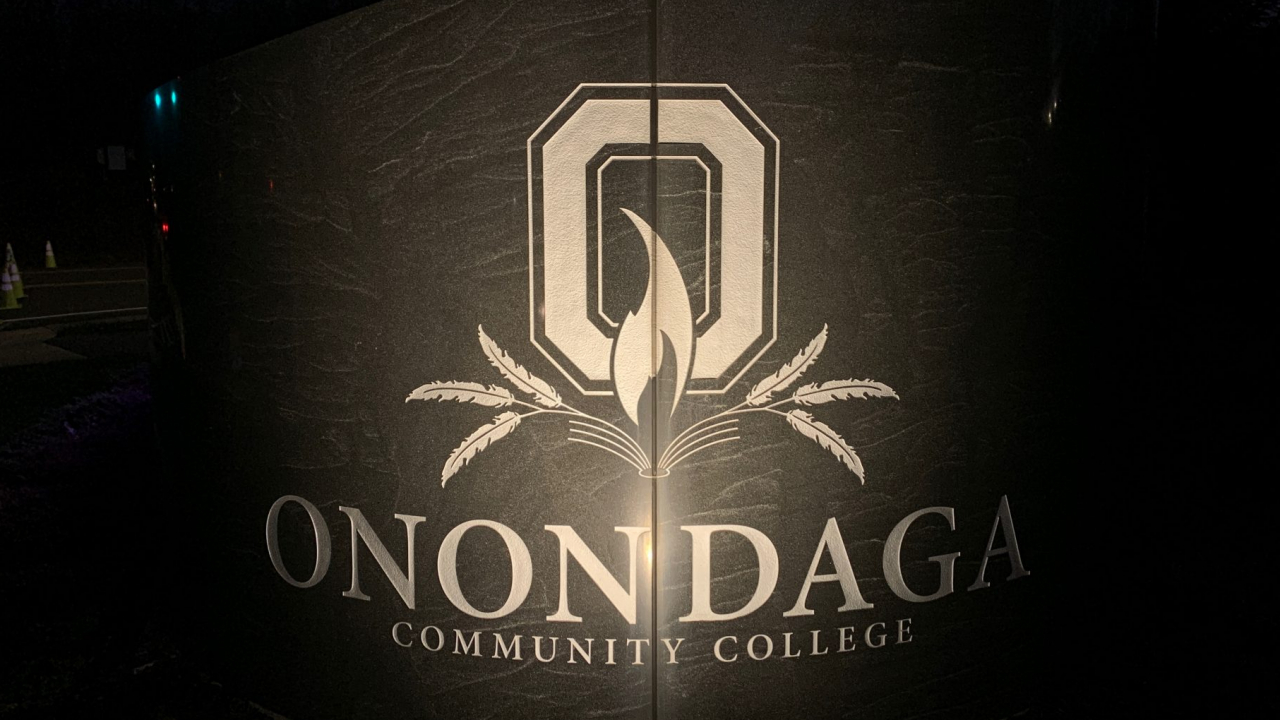
SYRACUSE, N.Y. (NCC News) — Students at a local community college are receiving financial support to combat the unprecedented challenges COVID-19 has presented. The Onondaga Community College Foundation hosted “Dining From A Distance” the evening of Nov. 12.
Proceeds from the event went to the Lazer Response Fund which was created in March to assist students hit hardest by the pandemic. According to Roger Mirabito, OCC’s executive director of communications, 80% of students work 30 hours or more every week.
Mirabito said those jobs were the ones most severely impacted when businesses shut down in the spring.
“Many of them were service industry jobs,” Mirabito said. “You’re a waiter, you’re a waitress, you’re a barista, you’re working at a grocery store. A lot of those jobs, all of a sudden, didn’t exist.”
Students at OCC range from 17 to 70 years old, many of whom have families to provide for.
“It’s one thing to think of a single student and what he or she may be going through,” Mirabito said. “When you factor in family life and those types of considerations, it really becomes more and more meaningful.”
A lot of students come from homes without access to internet or do not have the technology needed to be on the internet. In response, the school gave out laptops, hotspot devices and increased the strength of the Wi-Fi on campus. This way, students could use the Wi-Fi in parking lots even when buildings were closed in the spring.
The school has received many thank you letters from students expressing gratitude.
“I really appreciate your help,” one student wrote. “I have four kids, and we were fighting over one laptop. I had to be awake all night to just do my own homework because the kids had so much to do.”
The Foundation’s target fund goal was $100,000. Prior to “Dining From A Distance,” the Foundation was very close to $150,000.




